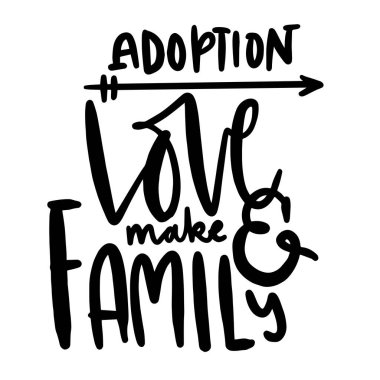Whether starting as a first-time or a seasoned foster parent, you might still have questions about fostering. In this article, we have answers to commonly asked questions that will help you in every step of your fostering journey.
Who is eligible to become a foster parent?
If you are above 21, you can become a foster parent. In addition, you must be in good health, have a spare bedroom, and have enough free time to care for the child.

And, while your financial position is an essential consideration in the approval process, you can still become a foster carer if you rent instead of owning a home or are on universal credit. You can’t be too old to foster a child. People with disability are also considered when it comes to foster care.
How long does it take to become a foster carer?
On average, becoming a foster carer takes three to eight months. During this period, you’ll be taught more about fostering and what to expect during the fostering period. A home visit will also be scheduled to assess if your home is safe for a child. If the first home visit succeeds and you are deemed suitable to foster a child, the application process will begin. More training and assessment will be done after several weeks until approval.
What will be my role as a foster parent?
As a foster parent, you’ll need to care for the child’s needs as a team. Local authorities, health professionals, schools, or the child’s birth family may be involved in the fostering process.
You’ll also need to keep records and reports on the child’s behavior, advocate for the child, and attend meetings. In addition, you’ll play a vital role in modeling and managing the child’s feelings and behavior.
Do I get any allowance as a foster carer?
Yes. All foster parents receive a weekly or monthly allowance to cover the costs of caring for a child. The amount received is based on the child’s age, where you live, and the child’s specific needs. Your fostering service provider will give you the exact amount you’ll receive once the process is complete.
Does fostering always work out?

Fostering can be challenging and exhausting sometimes, but it always works out.
Children in foster care come from different backgrounds, and some children might have experienced more trauma than others. Some, therefore, won’t blend into the foster family straight away. Occasionally, they will try to push you away as a self-defense mechanism.
They don’t want to get attached to you for fear of being let down again. But that’s not reason enough to give up, right?
Fostering is a life-changing decision. Unlike any other career, fostering a child means opening your heart and your home to a child, and you can mold them to be the best version of themselves. Like any other parent, you will encounter situations you do not feel equipped for. When this happens, seek advice from other foster parents and your local team.





